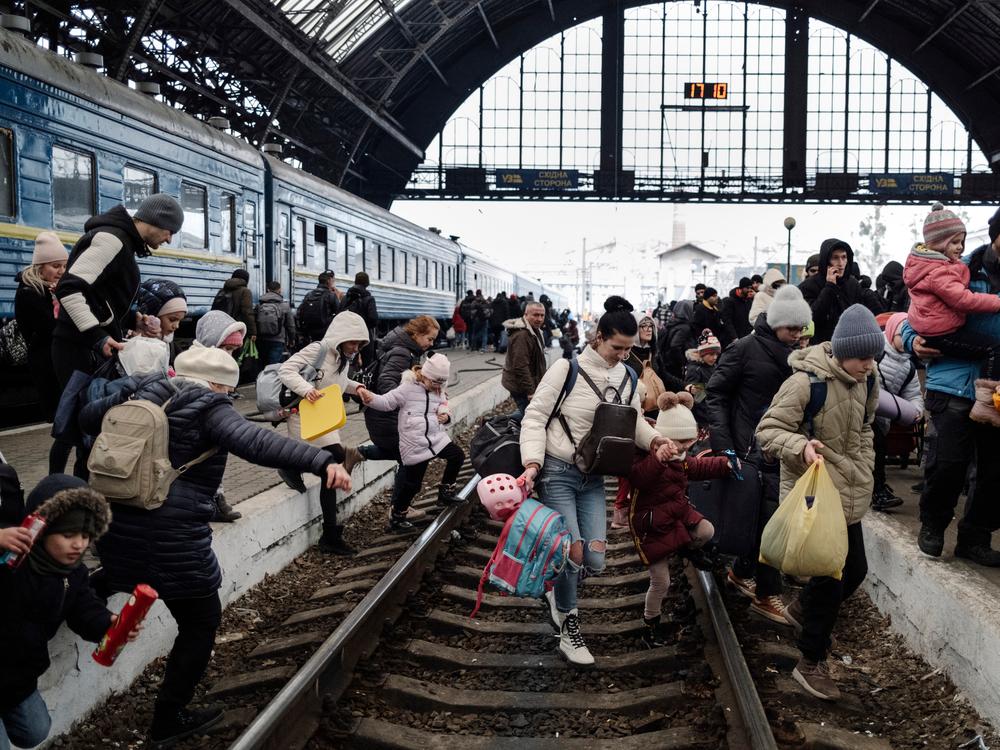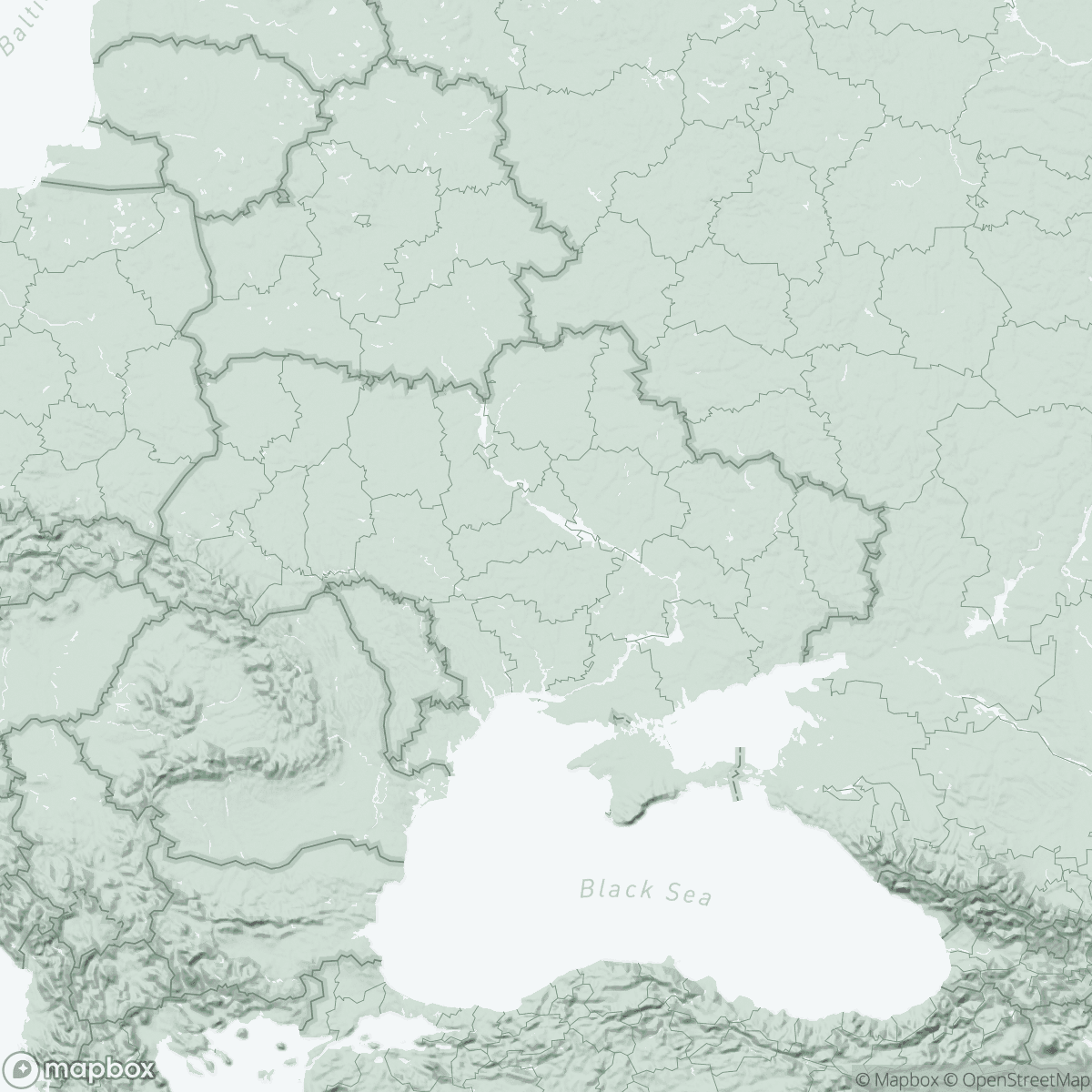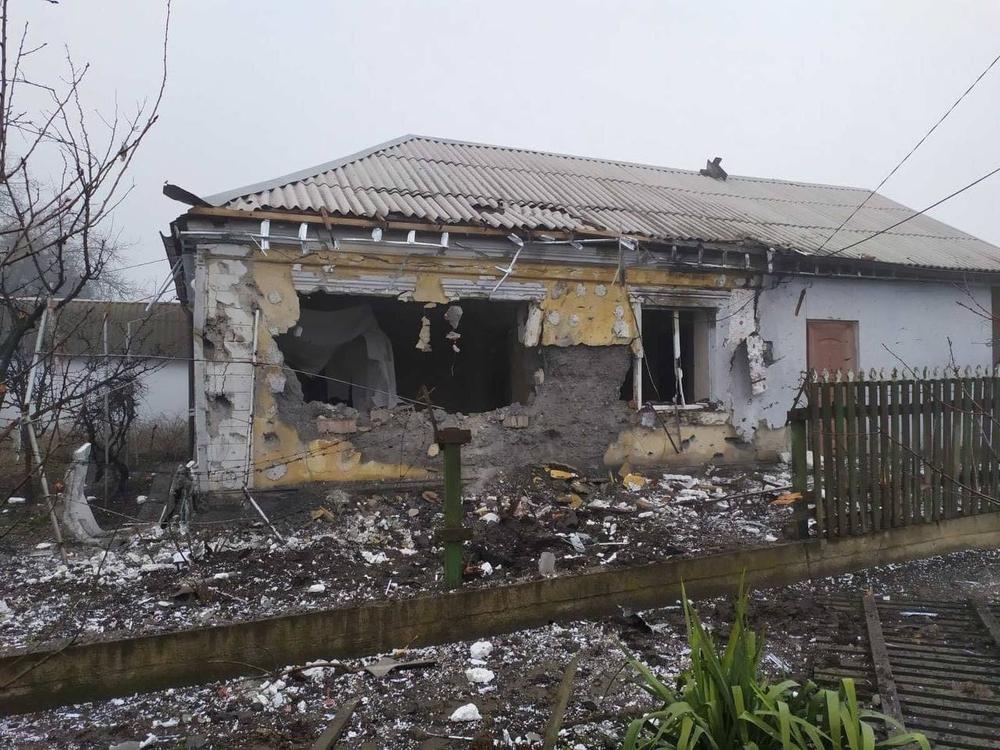
Emergency Ukraine: A race against time for survival
In 1 click, help us spread this information :
Ce week-end, nous avons été secoués par le témoignage de Laurent Ligozat, coordinateur d'urgence de MSF en Ukraine, qui a partagé ses inquiétudes quant à la sécurité des civils dans la ville de Marioupol : « La situation humanitaire est catastrophique (…). Nous craignons pour la sécurité de notre personnel ainsi que pour celle des milliers d'autres personnes qui se trouvent dans cette situation si dramatique ».
This weekend we were shocked by the testimony of Laurent Ligozat, MSF's emergency coordinator in Ukraine, who shared his concerns about the safety of civilians in the city of Mariupol:
"The humanitarian situation is catastrophic (...). We fear for the safety of our staff as well as for the thousands of other people who are in such a dramatic situation."
Humanitarian corridors are not enough
In Mariupol, thousands of people, including MSF staff and their families, remain cut off from the world. We are closely monitoring the progress of agreements for safe passage of civilians and humanitarian aid.
We stress the importance of observance of the rules of war by all forces in Ukraine, including: taking all possible precautions to prevent civilians from being targeted; consideration for civilians at all times and in all places; safe passage for civilians not limited to corridors; and opportunities to escape the fighting without time limits.
In the past few days, more than 1.5 million people have been forced to leave Ukraine, while many more are internally displaced.
The supply challenge
We have been in contact with hospitals that are receiving patients injured as a result of the fighting. The conflict is putting enormous pressure on health facilities with limited staff and supplies; many hospitals are facing shortages. Medical and other critical supplies are hard to find in the country, as they are in high demand to meet the needs of so many patients.
On Saturday 5 March, the first shipment of MSF supplies arrived in Lviv, Ukraine, in the afternoon. By midnight, the first batch of medical kits and supplies was loaded and the train was ready to leave for Kiev. The supplies were safely received the next day by the Ministry of Health in Kiev.
"It was urgent to act quickly," said Christopher Stokes, MSF emergency coordinator in Ukraine.
We are in a race against time here - we have no certainty about how long train access to Kiev will remain possible. We have chosen the train option for reasons of speed and high volume capacity."
Further deliveries of MSF international equipment will arrive in Ukraine in the coming days to allow for more medical resupply activities.
MSF's conflict-experienced medical teams are starting to arrive in Ukraine from Moldova, Hungary and Poland.
How can MSF be supported?
Currently, MSF covers the costs of emergency activities in Ukraine and neighbouring countries through the MSF Emergency Fund. Thanks to this fund, we can respond quickly to crises. Staff and equipment are ready to respond at any time within 48 hours.



